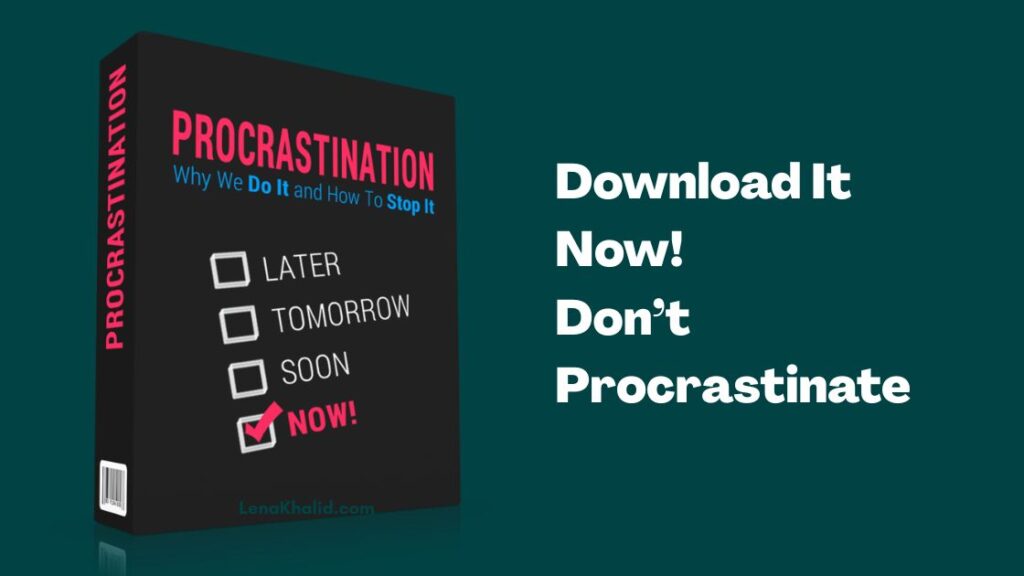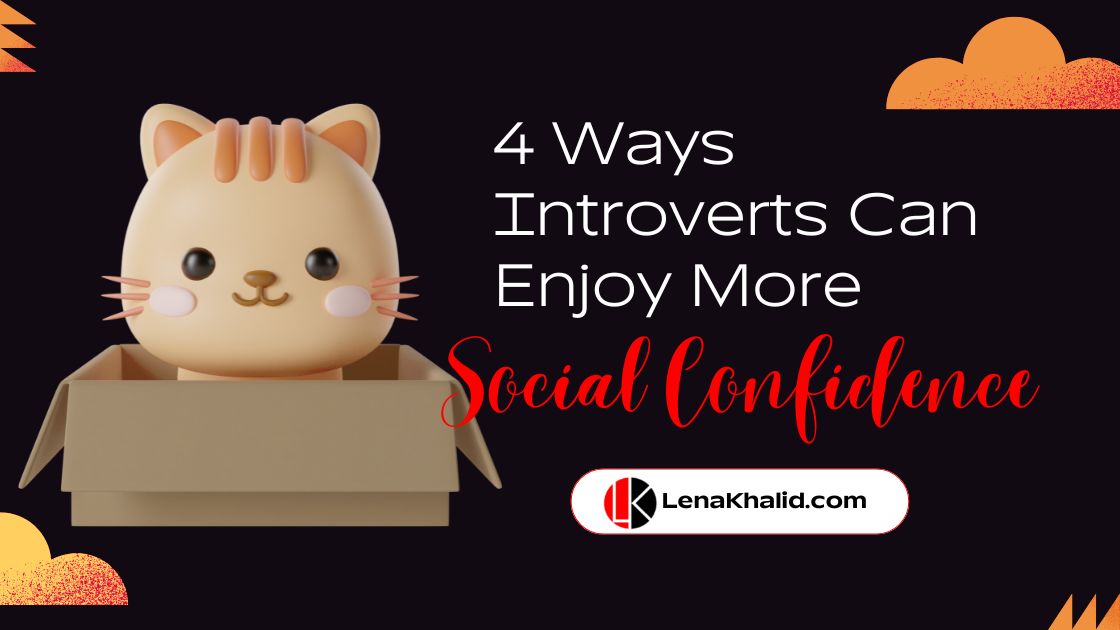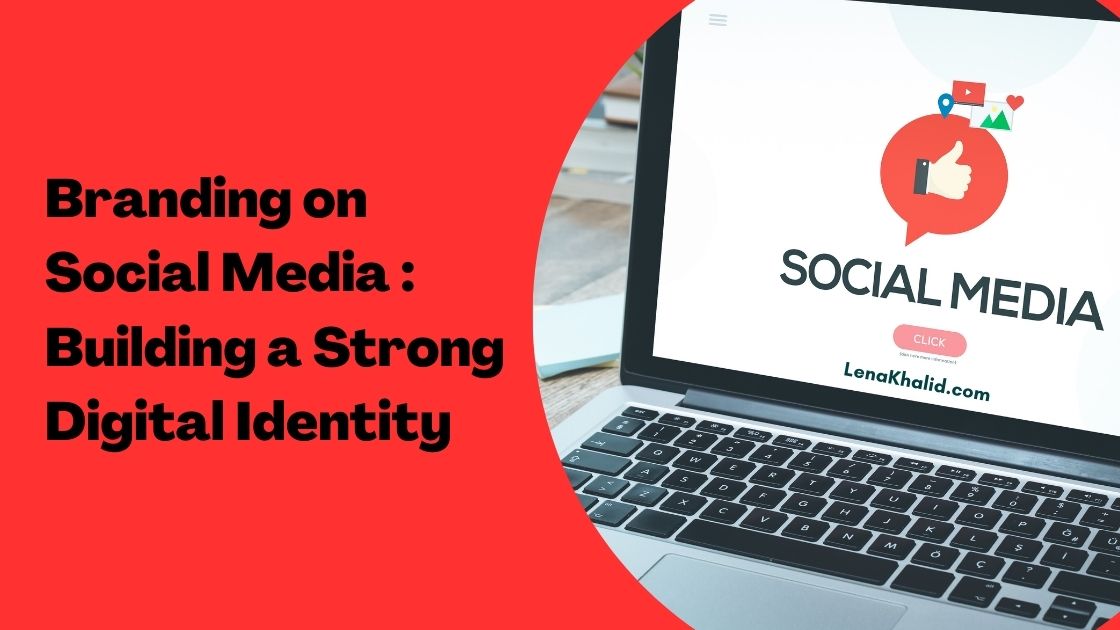
How Hollywood Weaponizes Fake News For Cash, And The 3 Kinds Of Fake News
Fake news is in the news a lot recently, especially around hot-button political topics like Coronavirus. It’s adding to our cultural tension and preventing us from agreeing on even the facts anyone can base a rational argument on. The big questions include who is creating all this fake news, and for what purpose.
The short answer?
Plenty of organizations and countries. And mostly for cash or control.

Close-up of currency with a pyramid and an eye …
To learn more about fake news and how countries, interest groups, and how corporations weaponize it, I talked to Mitch Chaiet, the Media Innovation and Entrepreneurship Coordinator at the University of Texas at Austin, for a recent episode of the TechFirst podcast.
He told me that there are three kinds of fake news, or “computational propaganda.”
There’s misinformation, which is false information unknowingly propagated. The second is mal-information, truthful information but spread with intent to harm. The third, and most harmful, is false information knowingly created with the intention of damaging a country, company, or political group.
And then there’s exploiting fake news for profit.
Or weaponizing it for marketing, like Hollywood does from time to time.
“I’ve interviewed people who claim that Hollywood are putting in Satanic symbols in the movies to represent something,” Chaiet told me. “And on the flip side of that, I know producers who are like, ‘Yeah, if I throw a pyramid with an eye on it somewhere in my film, all the crazies on YouTube come out and I get three times as many views.’”
More people talking about a movie will, almost inevitably, lead to more interest and therefore bigger box office.
There are other reasons the edutainment industry courts fake news, and it’s also related to profit. A prime example: the History Channel.
“The History Channel up until about eight or nine years ago shared really interesting things like civil war documentaries and an entire 24-hour reel on World War II,” Chaiet says. “However, if you were to take that same million dollars [of production cost] and invest what you would normally get one hour of content from into an entire season of hour episodes of Ancient Aliens where every single episode you come to the conclusion that aliens might exist, it’s very simply profitable.”
(And yes, that’s why we’ve been inflicted with six Sharknado movies: for the budget of one movie of quality, you can make six B or C quality movies that still make more money.)
It’s not just Hollywood, of course.
Nations also weaponize fake news for international advantage, as do companies.
When American oil companies negotiate for Middle East deals, for example, those nations publish propaganda to influence the deals, Chaiet says. And foreign governments find ways of destabilizing political enemies.
“Facebook groups targeting certain kinds of people where they can then seed sketchy WordPress links, for instance, was a very common tactic used by the Russians in 2016,” Chaiet told me. They would build these communities of certain demographics, African Americans, or Jews, or pretty much anyone that they had an interest in swaying, collect them in what looked like an authentic community and then seed them with certain ideas designed to sway how they vote.”
Fake news isn’t a technology problem, Chaiet says. It’s a media literacy problem.
The challenge is that technology enables extremely rapid spread. It’s why Facebook has limited WhatsApp message forwarding, so that technology doesn’t aid in the rapid spread of potentially dangerous messages, like WhatsApp-organized mob killings in India. And it’s something we’re dealing with right now, as Bot Sentinel found: bots are using hashtags like #ReOpenNC, #ReopenAmericaNow, #StopTheMadness, #ENDTHESHUTDOWN, and #OperationGridlock to spread disinformation.
So how do you combat fake news?
Talk about source credibility, Chaiet suggests.
“I’m not going out and saying that hydroxychloroquine doesn’t cure coronavirus. I can’t say that, I have no medical training,” he told me. “However, I know getting that information from a YouTube channel that is not the CDC, is probably not the best place to determine that. And that’s really what I focus on when I’ve done a lot of calling out lately.”
Another option: point to sources like Allsides, which shows reporting on stories from multiple publications with right, left, and centrist leanings.
At least then, hopefully, we can agree on some basic facts and have rational discussions, minus the name-calling and nastiness that is too prevalent in political discussions today.





